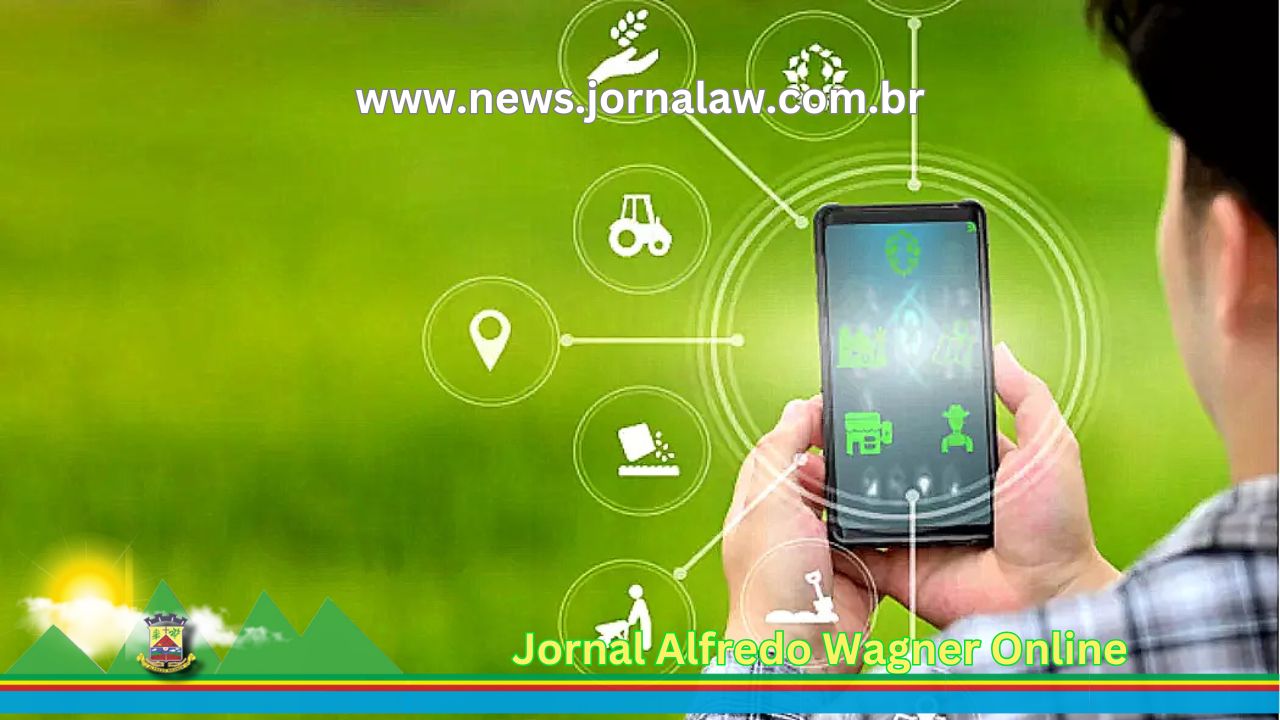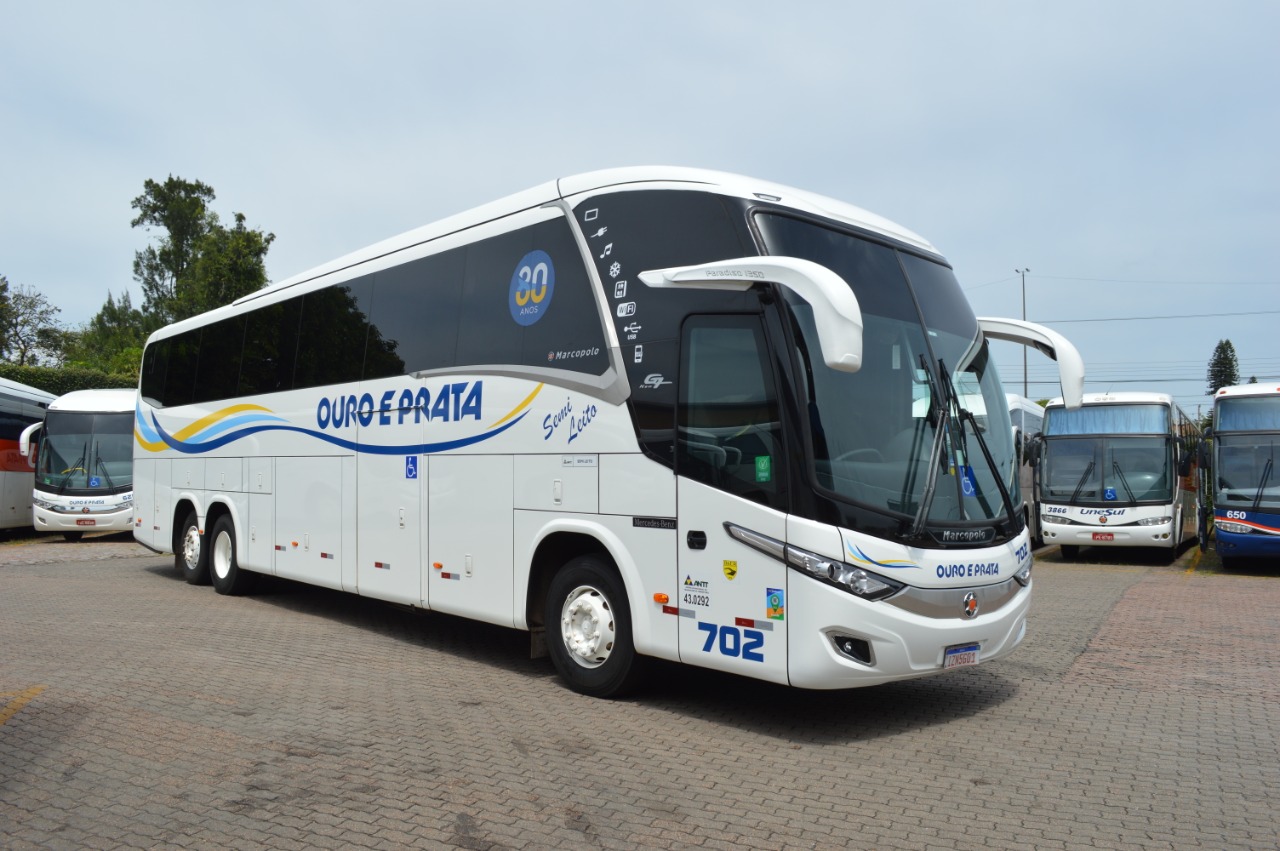Connectivity in rural areas has become one of the main challenges for the advancement of Brazilian agriculture. Despite the advances in the digitalization of the economy and the modernization of agricultural practices, the lack of infrastructure for internet access still limits the country’s productive potential. According to an indicator created by ConectarAgro, only 23.8% of the area available for agricultural production in Brazil has internet coverage. This data reveals a worrying gap and reinforces the urgent need for investments in technological infrastructure to ensure that the agricultural sector can fully benefit from the advances of so-called agriculture 4.0.
The impact of connectivity in the field goes far beyond improving communication between producers. Internet access is essential for the implementation of technologies such as smart sensors, drones, artificial intelligence and big data, which make production processes more efficient, reduce waste and increase crop predictability. In addition, agricultural machinery and equipment can be automated, resulting in greater operational precision and reduced consumption of natural resources.
Digitalization in the field already offers numerous advantages for producers. Technologies based on the Internet of Things (IoT) enable the automation of fundamental practices, such as irrigation, fertilization, seeding and pest control, optimizing the use of inputs and reducing waste. In addition, connectivity allows data generated by sensors and devices to be analyzed in real time, helping in strategic decision-making and increasing productivity without the need to expand the cultivated area.
An example of the positive impact of connectivity can be seen in the adoption of artificial intelligence-equipped seeders and harvesters, which automatically adjust their operating parameters based on specific soil and weather conditions. However, for these innovations to work efficiently, a stable and high-quality connection is essential. Similarly, drones used to monitor crops and soil sensors that assess soil moisture and composition can only deliver their full potential when they are integrated with internet-connected systems.
In addition to modernizing agricultural operations, connectivity transforms communication in rural areas, bringing producers closer to customers and suppliers. Tools widely used in urban centers, such as WhatsApp, become valuable allies in negotiating inputs and marketing production, bringing agility and efficiency to transactions. Easy access to basic services is also one of the great benefits of digitalization in the field, enabling remote support from suppliers, medical consultations via telemedicine and even distance learning, allowing rural workers to have opportunities for training without having to travel to large urban centers.
Despite the obvious benefits, the challenges to expanding internet coverage in rural areas are still significant. The lack of telecommunications infrastructure, the high cost of implementation and geographical barriers make it difficult to expand networks to more remote areas. However, innovative solutions are emerging to overcome these obstacles, such as the implementation of low-frequency mobile networks, the popularization of satellite internet and the expansion of 5G coverage, which promises to bring high-speed connection to previously inaccessible locations.
Digital transformation in Brazilian agribusiness depends on a joint effort between the government, technology companies and the agricultural sector. Public-private partnerships, tax incentives for investments in connectivity and the development of public policies aimed at digital inclusion in the countryside are essential measures to accelerate this process. Only with a robust and accessible infrastructure will it be possible to ensure that Brazil continues to stand out as a global agricultural power, combining productivity, innovation and sustainability in a balanced and competitive development model.
*By Severino Sanches, CEO of Agora Distribuidora.
Mariana Fonseca Guerra
mediaria.com



